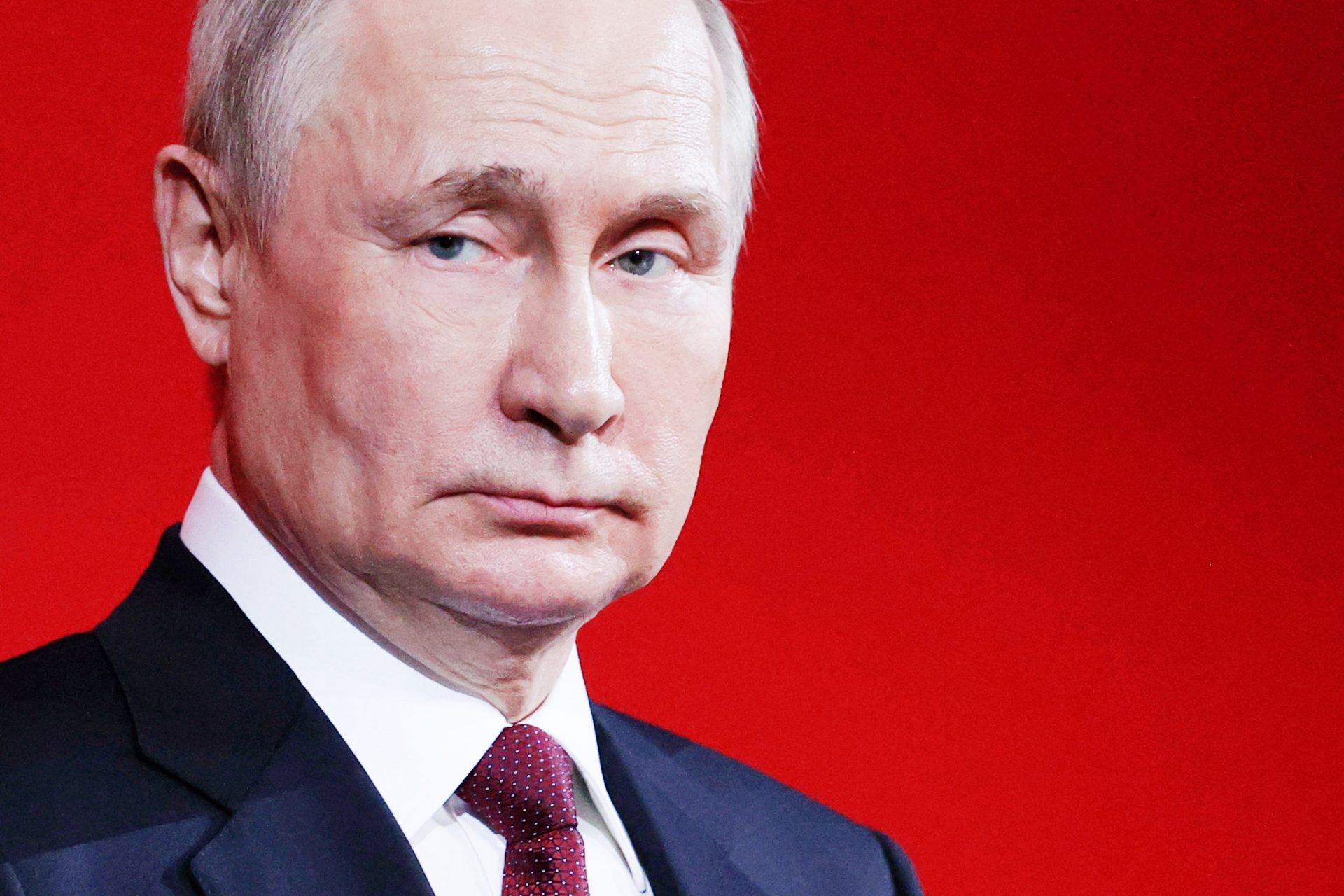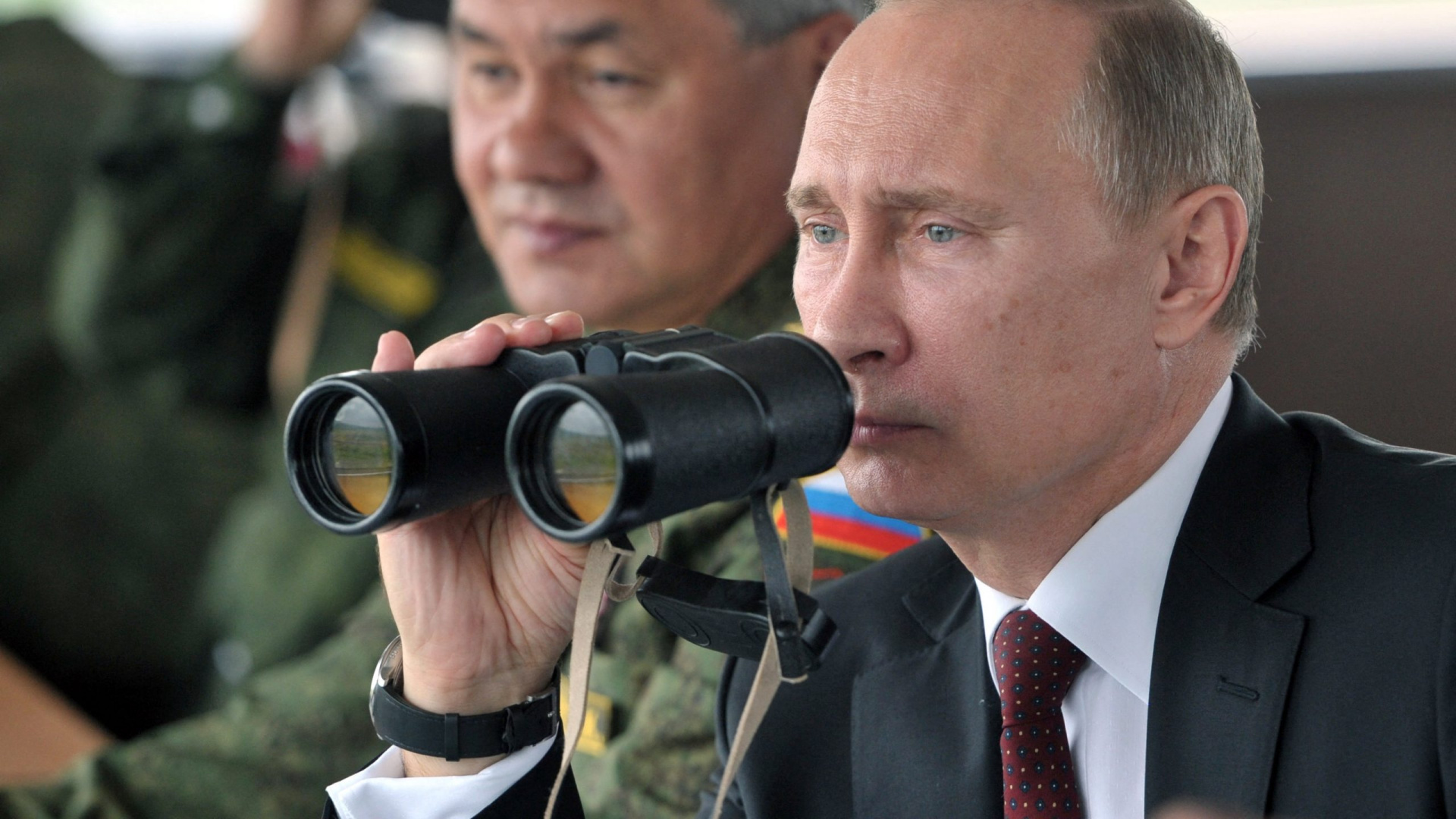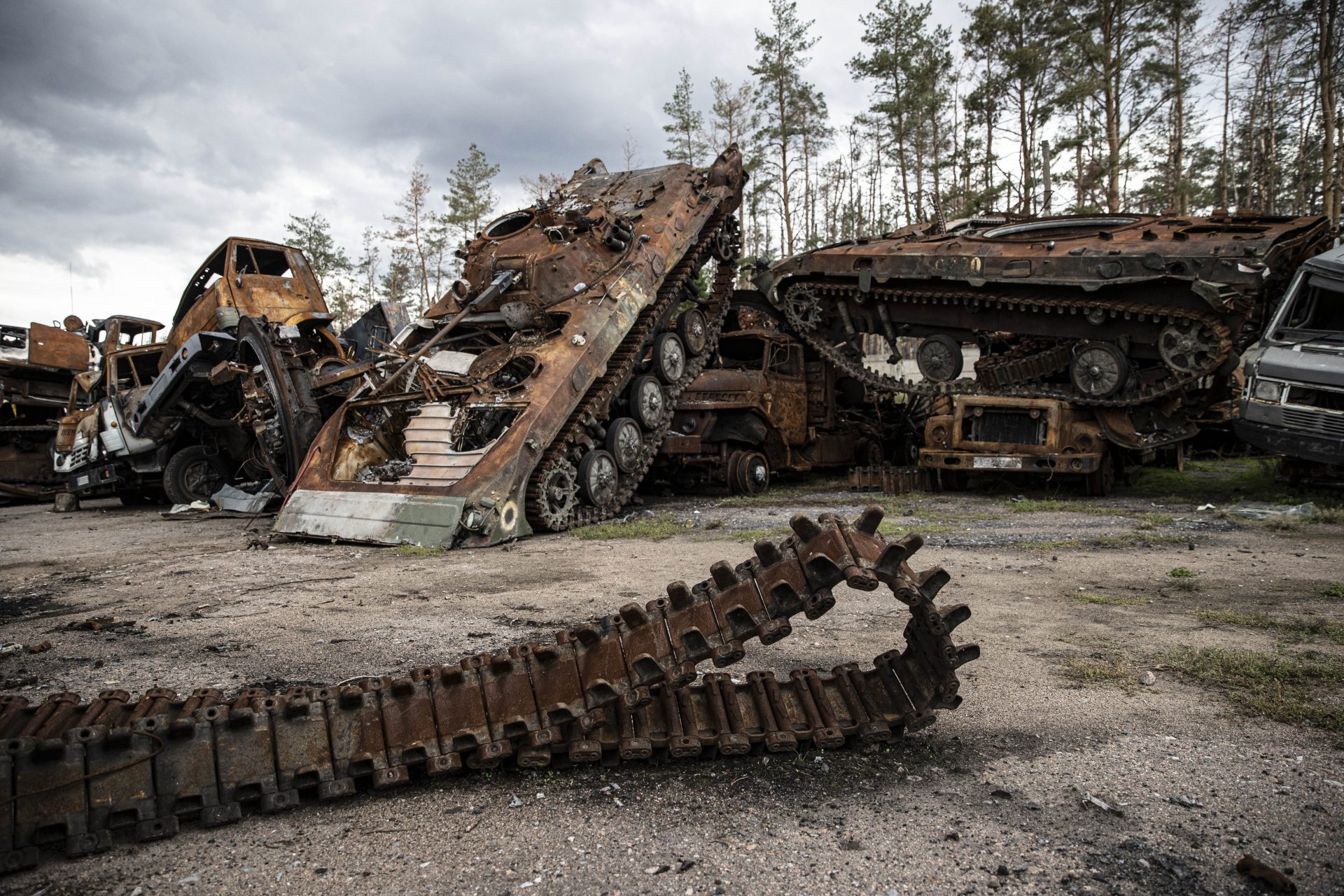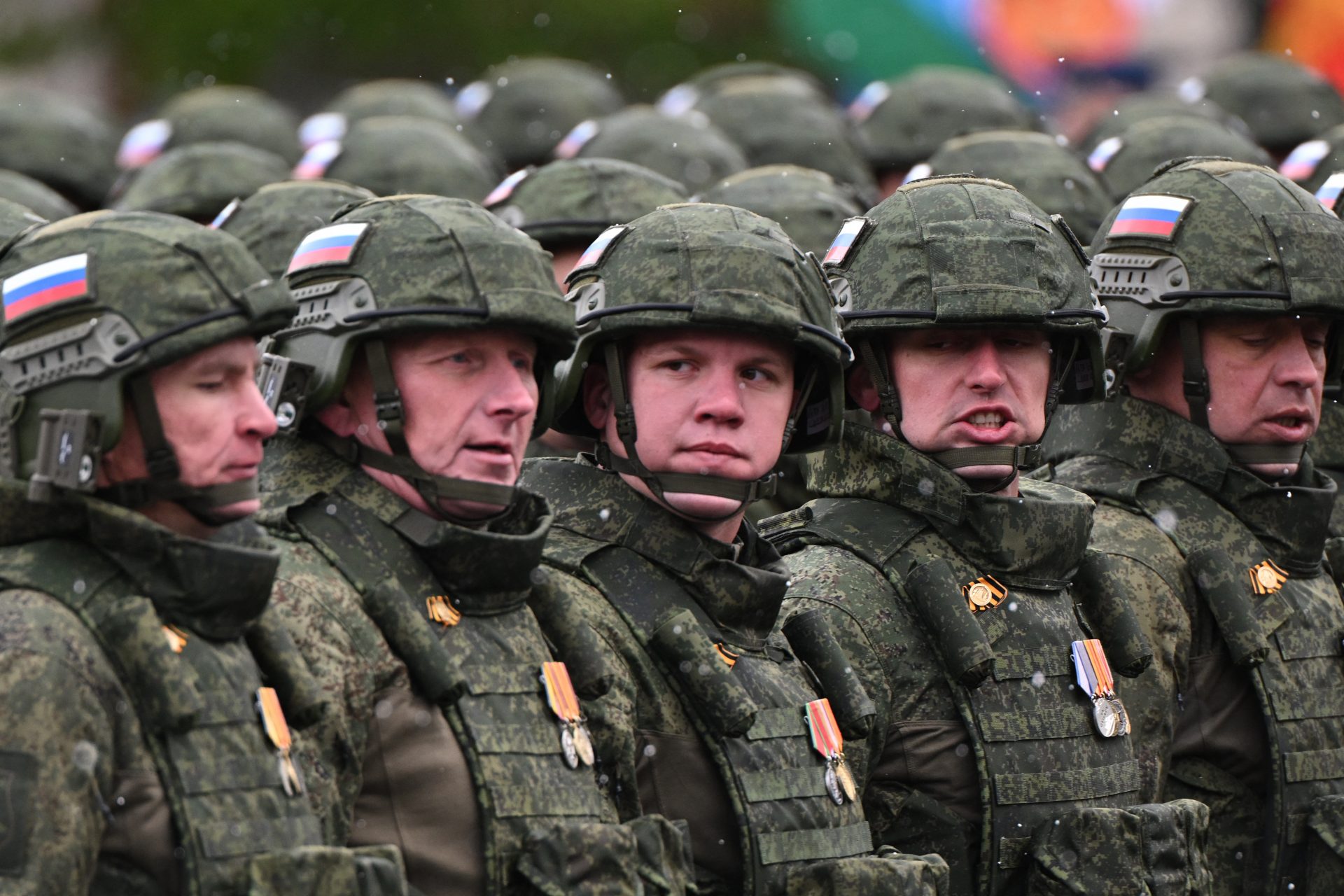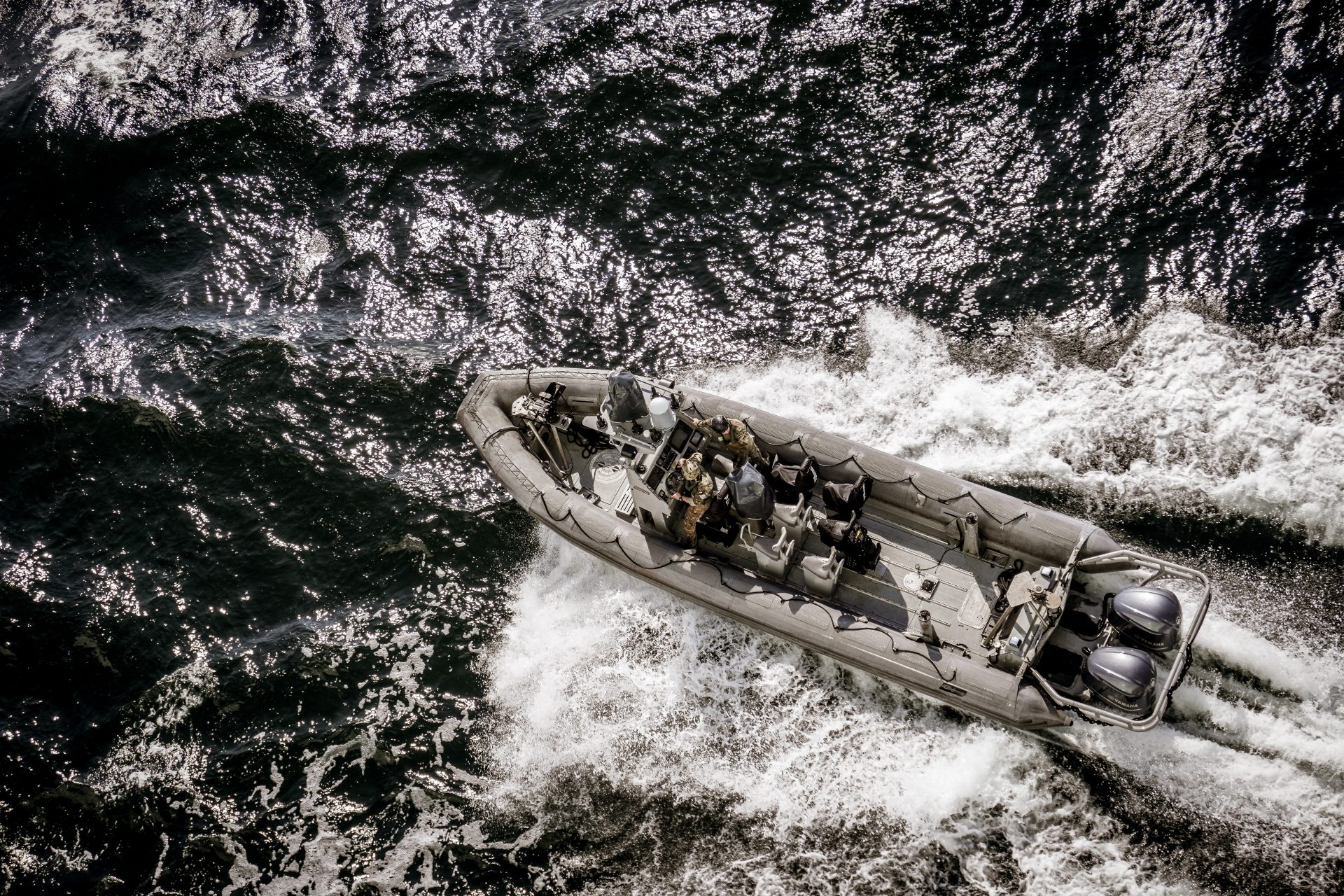These are Ukraine’s ‘Hero Cities’ that resist the Russian invasion
Several months have passed since Russia invaded Ukrainian territory on what the Kremlin has referred to as a 'special military operation'. Many experts assumed that the Kyiv government would fall within weeks and that the result would be a foregone conclusion. Yet, Ukraine resists.
On March 6, 2022, days after Russian troops invaded Ukrainian territory, the Kyiv government granted the title ‘Hero City of Ukraine’ to Chernihiv, Hostomel, Kharkiv, Kherson, Mariupol, and Volnovakha for their “massive heroism and the resilience of its citizens”.
A few days later, the Ukrainian government headed by President Volodymyr Zelensky added more cities to the list: Bucha, Irpin, Okhtyrka, and Mykolaiv. What is a ‘Hero City’ and why is relevant to Ukraine and Russia’s shared history?
The honorary title of 'Hero City' hails from the time of the Second World War, known in Russian as "The Great Patriotic War", when the Red Army of the Soviet Union had to repel invading troops coming from Nazi Germany.
The Soviet government headed by Joseph Stalin bestowed this distinction to Leningrad (today St. Petersburg), Stalingrad (current Volgograd), Kyiv, Sevastopol, and Odesa. The last three are located in territory that today is part of Ukraine.
The list of Hero Cities grew in the following years with the addition of Kerch, Novorossiysk, Minsk, Tula, Murmansk, and Smolensk. The award was discontinued in 1988, during the reforms initiated by Mikhail Gorbachev.
It was revived by the Russian Federation, now led by Vladimir Putin, as “City of Military Glory” in 2005 and has been conferred to 45 cities.
The Ukrainian government renewed the status of Kyiv, Sevastopol, Odesa, and Kerch, while adding the new ones as a result of the cities’ resistance during the Russian invasion of Ukraine.
Pictured: People in Kyiv taking refuge in the city subway system during the Russian attack.
“I decided to mark our Hero Cities with a special title that already existed. When another invasion was defeated. But a similar invasion. Another invasion. But no less cruel invasion,” declared Zelensky on a video broadcast, as quoted by the Interfax-Ukraine.
From February 24 to April 4, the city of Chernihiv, in the northernmost region of Ukraine, suffered a siege by the Russian troops. According to The Washington Post, local authorities estimate that more than 350 people had died and over half of the city’s 300,000 inhabitants had fled.
Hostomel, located in the Kyiv region, was the site of the battle of the same name and an attempt to take over the Antonov Airport. When Russian troops retreated in early April, the airfield was unusable and the An-225 ‘Mriya’, the world’s largest cargo plane, had been destroyed.
The second-largest municipality in Ukraine, the region where Kharkiv is located, borders Russia and the breakaway regions of Luhansk and Donetsk. A member of the Ukrainian government described to Associated Press the heavy urban warfare for the control of the city as “the Stalingrad of the 21st century”.
The city of Kherson, located in a coastal region that borders the Crimean Peninsula, remains to date the only provincial capital that has been successfully taken over and maintained by Russian forces.
After the city and province of Donetsk declared independence from Kyiv, Mariupol became the provisional capital for the Ukrainian government in the region. Al Jazeera stated that local government officials claim that over 10,000 people have died in the ongoing siege and much of the place has been razed.
Also located in the province of Donetsk, the town of Volnovakha was reported by The Guardian to have been mostly destroyed by the Russian military with tactics similar to those used in Syria. Pro-Russian separatists took control of what was left of Volnovakha by mid-March.
Until Ukrainian forces managed to take full control of the city in late March, the battle for Irpin was home to some major urban fighting. Taking over the city, which neighbors Kyiv, was part of a larger attempt by Russia to encircle Ukraine’s capital.
Bucha is another urban center near Kyiv that Russian troops unsuccessfully attempted to take control of the Ukrainian government. After the invading force withdrew, evidence of dozens of summary executions of civilians is among the worst atrocities seen in this conflict so far.
Located in the northeastern part of the country, Okhtyrka has been described by The Guardian as a “small but strategically positioned city” that had been reduced to a “rubble-strewn shadow of the place it once was”.
Pictured: A woman and her baby, who are among the hundreds of who fled Okhtyrka.
Mykolaiv is an important port city on the Black Sea, known for its shipbuilding industry. After almost six weeks of conflict, Ukrainian forces managed to repel Russian invaders and take full control of the city on April 8.
More for you
Top Stories























